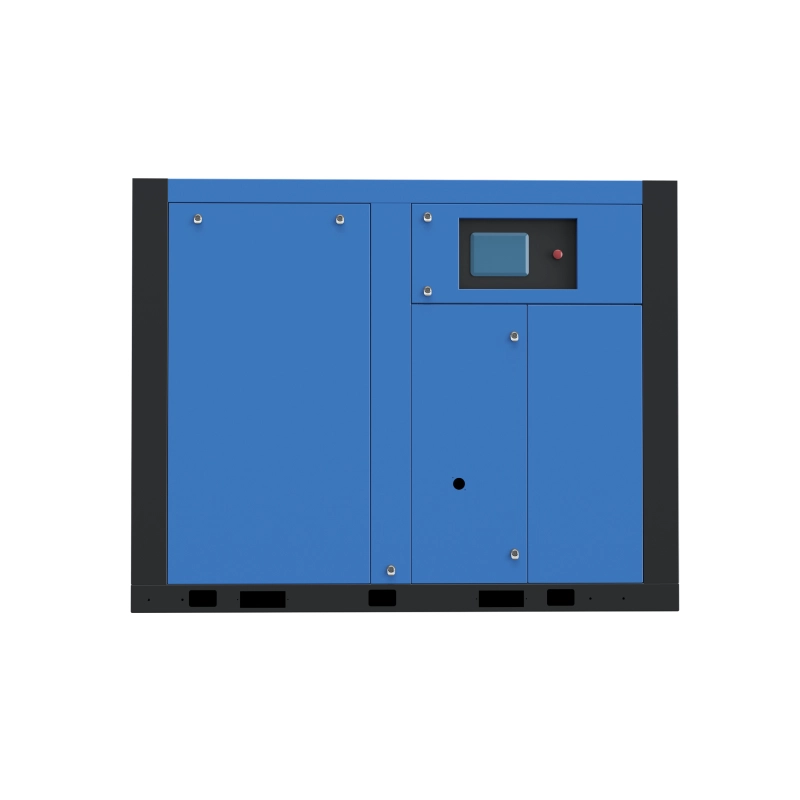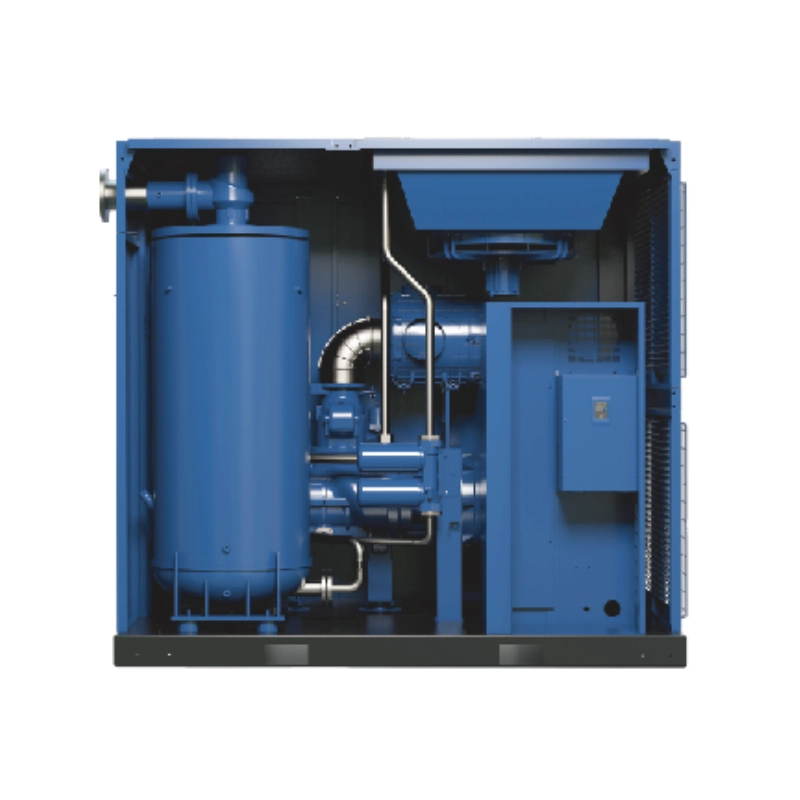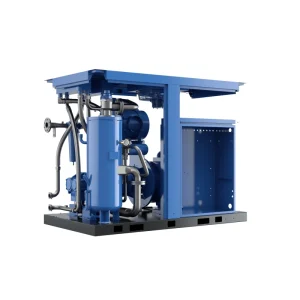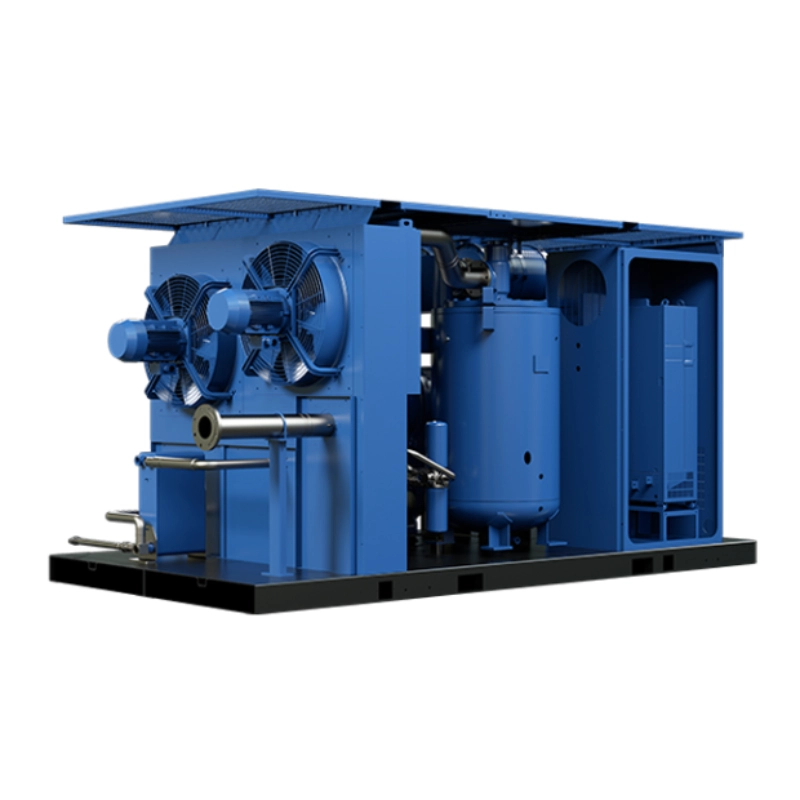Effective Compressed Air Energy Saving Tips: Reduce Costs and Maximize Efficiency
Release time: 2025-08-01
Introduction
Compressed air systems are vital for many industrial and commercial operations, but they are also one of the highest energy consumers in such settings. With energy costs rising, implementing compressed air energy-saving strategies is essential for any facility looking to lower costs and increase efficiency. In this article, we explore effective compressed air energy-saving tips that can significantly reduce operational expenses and improve sustainability.
Why Compressed Air Energy Savings Matter for Your Business
Compressed air accounts for a significant portion of industrial energy usage. Understanding the importance of energy-efficient practices in compressed air systems can help you save money and reduce your environmental impact. By optimizing compressed air energy use, businesses can lower operational costs and improve overall system reliability.
1.Conduct Regular Compressed Air System Audits
Energy audits are a great way to identify areas of inefficiency. By locating leaks, excess pressure, and system imbalances, you can optimize energy use and achieve significant savings. Regular audits help uncover hidden energy losses and enable targeted improvements.
2.Reduce Compressed Air System Pressure for Energy Efficiency
Excessive system pressure wastes energy and increases wear on equipment. Lowering system pressure by just a few psi can lead to noticeable reductions in energy consumption and operational costs without compromising performance. Maintain the lowest pressure level needed for your operations.
3.Invest in Energy-Efficient Compressors for Cost Reduction
Upgrading to modern, energy-efficient air compressors can significantly reduce your energy bill. Look for compressors with variable-speed drives (VSD) and integrated heat recovery systems for maximum savings. These technologies allow compressors to match air demand and recover waste heat for additional energy benefits.
4. Proper Maintenance for Compressed Air System Efficiency
A well-maintained compressed air system operates more efficiently and consumes less energy. Regularly inspect and replace air filters, check for air leaks, and service compressors and ancillary equipment to maintain optimal performance and extend equipment life.
5. Optimize Compressed Air System Design for Better Performance
Efficient piping layout and strategically placed compressors reduce pressure drops and energy loss. Avoid unnecessary bends and leaks in piping, and ensure proper pipe sizing to maximize system efficiency and minimize energy waste.
6. Using Storage and Demand Control to Save Energy
Installing air receivers (storage tanks) and demand-side controls helps balance the supply and demand for compressed air. This reduces the need for continuous compressor operation, allowing compressors to run more efficiently during peak and off-peak periods.
7. Air Drying Efficiency: An Overlooked Energy-Saving Opportunity
Proper air drying systems such as energy-efficient dryers and moisture separators can save substantial amounts of energy. Removing moisture efficiently reduces compressor workload and prevents damage to tools and machinery, further reducing maintenance costs and energy use.


Conclusion
By following these compressed air energy-saving tips, you can significantly reduce energy consumption, cut costs, and operate more sustainably. Start by conducting regular audits, investing in energy-efficient air compression equipment, and optimizing your compressed air system design and maintenance practices. For tailored advice and further guidance, contact compressed air system optimization experts today and take the first step towards maximizing your facility’s energy efficiency.



